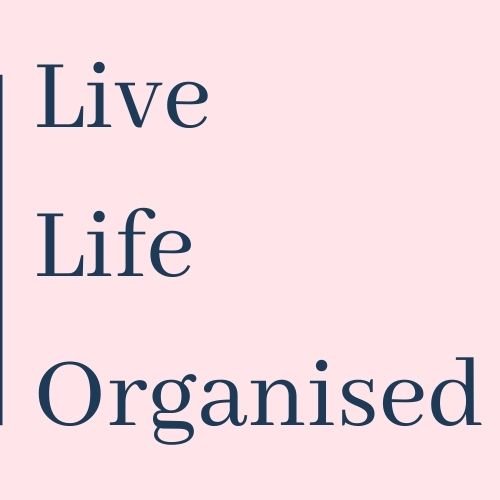Rethinking Decluttering Hacks: Why Turning Your Coat Hangers Backwards Might Not Be Necessary
In the world of decluttering and organising, we're constantly bombarded with tips, tricks, and hacks to help us streamline our lives and homes. One popular hack that many professional organisers swear by is the practice of turning coat hangers backwards to track which clothing items we've worn. The idea is simple: at the end of a season or year, you can easily identify the items that remain untouched by noting which hangers are still facing the "wrong" way. But here's the thing—do we really need hacks like this if we declutter properly?
Defining Decluttering Hacks:
Before we dive deeper into the debate, let's first define what we mean by a "decluttering hack." In this context, a hack refers to a clever or unconventional method or trick designed to make the decluttering process easier or more efficient. These hacks often aim to address common challenges such as identifying unused items, maximising storage space, or maintaining organisation.
The Case for Turning Coat Hangers Backwards:
Turning coat hangers backward is a prime example of a decluttering hack that aims to solve the problem of identifying unworn clothing items. Advocates of this hack argue that it provides a visual cue to help users assess their wardrobe and make informed decisions about which items to keep or discard. Additionally, it can serve as a reminder to wear items that may have been forgotten or overlooked.
However, it's important to consider whether this hack is truly necessary in the context of a well-executed decluttering process.
The Pitfalls of Relying on Hacks:
Does Not Address Root Causes: Hacks often provide quick fixes without addressing the root causes of clutter. In the case of turning coat hangers backwards, it doesn't address the underlying reasons as to why certain clothing items go unworn.
Temporary Solutions: Hacks like this can create the illusion of progress without fostering lasting change. While it may be satisfying to identify unused items at the end of a season, when we don’t learn the reasons for our clutter, and address this -it doesn't prevent clutter from accumulating in the future. It doesn't address the habits and behaviors that contribute to our clutter.
Complexity and Overwhelm: For some people, implementing and maintaining decluttering hacks can add unnecessary complexity and overwhelm to the process. Instead of simplifying their lives, they may find themselves bogged down by additional tasks and systems.
The Alternative: Mindful Decluttering
Rather than relying on decluttering hacks to manage clutter after the fact, a more sustainable approach is to practice mindful decluttering from the beginning. Mindful decluttering involves:
Intentional Evaluation: Take the time to evaluate each item in your home thoughtfully. Consider its purpose, value, and whether it aligns with your lifestyle and priorities.
Regular Assessments: Make decluttering a regular practice rather than a once-a-year event. Periodically review your belongings and let go of items that no longer serve you.
Mindful Consumption: Be mindful of what you bring into your home. Focus on acquiring items that add value and joy to your life, rather than contributing to clutter.
By adopting a mindful approach to decluttering, you can create a living space that reflects your values and priorities, without the need for elaborate hacks or tricks.
While decluttering hacks like turning coat hangers backwards may offer temporary solutions to common clutter challenges, they often overlook the deeper issues that contribute to clutter in the first place. Instead of relying on hacks, consider adopting a mindful approach to decluttering that focuses on intentional evaluation, regular assessments, and mindful consumption. By doing so, you can create a clutter-free environment that supports a simpler, more intentional way of living.
Mel x
PS. If you are looking for the right place to start your mindful decluttering journey, I have created a FREE guide that will help you get in the right mindset before you jump in. It’s called ‘How To Unlock Your Decluttering Potential: 5 Mindset Shifts’. Grab it here NOW!


